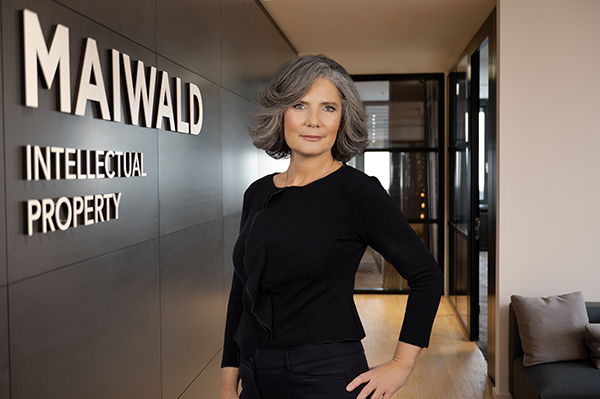As previously reported, the following question was referred to the EBA on 12 March:
Does the EPC, specifically Article 116 EPC, allow oral proceedings to be conducted via videoconference against the will of the parties?
The key question underlying the referral is whether Article 116 EPC should be interpreted as guaranteeing the right to an “in-person” oral proceeding, or whether ViCo may be considered to fulfil the requirements for an oral proceeding.
For the full background, see our previous blog articles.
During the first oral proceedings, a number of objections against the composition of the board were deemed either inadmissible or unallowable, the reasons for which were published in an interlocutory decision on 28 June. Although the chairman and a further member of the board were removed prior to the first oral proceedings, any further discussion of the composition of the board was shut down.
The EPO president has made public commitments to developing a ‘new normal’ with regard to the use of videoconference. It is thus unsurprising that his comments (27 April) are strongly in favour of answering the referred question in the affirmative. Key arguments in his submission include the fact that “…a videoconference…contains the essence of an oral proceedings, namely that the board and the parties/representatives can communicate with each other simultaneously” and the historical context that videoconferences were in use at the time that the EPC 2000 was drafted/codified.
50 amicus curiae briefs were filed, which can be divided into 32 briefs tending towards answering the question in the negative, 9 tending towards the affirmative, and 9 relatively neutral briefs.
The appellant submitted their observations on 25 June. Among arguments based on the interpretation (literal, systematic, and teleological etc.) of the term “oral proceedings”, were important points regarding the need for an impression of a fair trial, the need for procedural efficiency and the historical distinction between opting for ViCo versus waiving the right to in person proceedings. It was stressed that the interpretation of Article 116 EPC of the president is rather retrospective and that all reasons for mandatory video conferences boil down to the pandemic situation.
Key points taken from the amicus curiae briefs included a summary of cases in the EPC member states that had decided against mandatory videoconferences (notably France and Switzerland) and a German legal opinion that concluded that mandatory ViCo represents a violation of the German constitution and Article 6 ECHR. In a further submission (30 June 2021) in response to the interlocutory decision, the objections regarding the application of the business distribution scheme were resubmitted, with the requests directed to the chairman of the EBA, rather than the EBA itself.
Following the opening of today’s oral proceedings, the first round of arguments dealt with the interlocutory decision and the appellant’s new requests regarding the composition of the board, in particular the compliance with the business distribution scheme regarding the substitution of the replaced members with their alternates. The EBA deliberated on two new requests, namely declaring themselves incompetent to decide on the case until the composition is rectified and postponing the proceedings until the composition is rectified, both of which were dismissed.
The representatives of the president were first to present their case. Whilst the EBA queried the breadth of the referred question the representatives of the president stressed the importance of an answer to the referred question which could be generally applied, in order to ensure legal certainty. The most important substantive argument was that the law should be interpreted in today’s context (economical, technical, and social) and not that of the date of its origin.
A crucial argument of the appellant was that in a codified legal system such as the EPC, judicial interpretation must not stray into judicial legislation, whereby the original meaning of the legislation is altered. The appellant’s position is that the rights conferred by Article 116 EPC are not fulfilled by oral proceedings held by ViCo. Since oral proceedings as such are held only at the request of the parties it is their prerogative to consent to alternatives which do not satisfy Article 116 EPC.
After the initial exchange of arguments, the board directed questions to the participants. The questions related to: technological progress regarding ViCo equipment, which criteria are to be applied when deciding between the two forms of oral proceedings, what the legal basis for oral proceedings via ViCo may actually be, on what basis the decades old right for an in person oral proceedings may be restricted, why the will of the party should not matter, would there be a point in time where proceedings in person will be completely excluded, how the pandemic has influenced the development, and whether the ViCo practice is to be continued post pandemic. It seems there were more questions to the representatives of the president of the office than to the appellant. The main position of the representatives of the president seemed to be that ViCo’s would have always satisfied Article 116 EPC, and as such it is at the discretion of the presiding body and not of the parties as to which form of oral proceeding is used. The main position of the appellant seemed to be that the rights conferred by Article 116 EPC are not satisfied by ViCos per se and it would require a change in the law for this to be so.
In a second round of arguments the positions were largely repeated. After deliberation the EBA closed the proceedings and indicated that the minutes and the decision will be published in the near future.
We will keep you informed!


